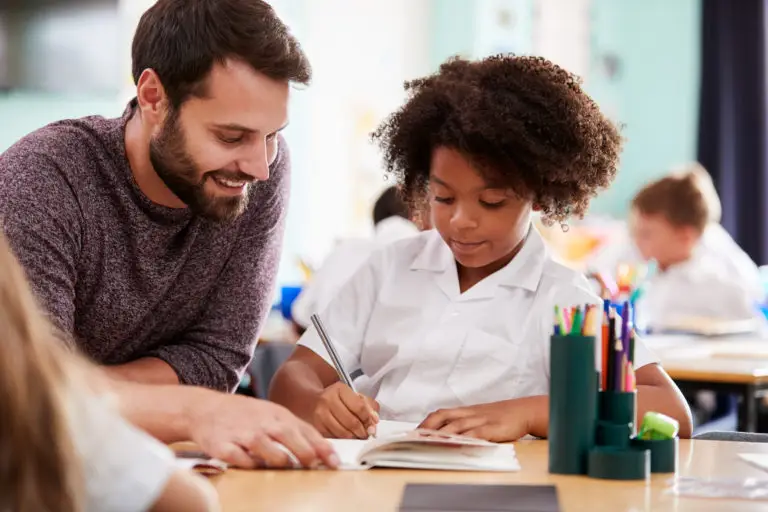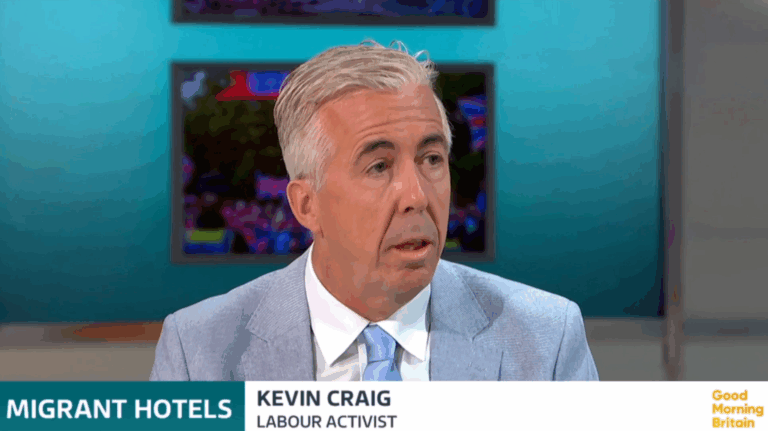Last week’s National Primary Offer Day (Tuesday 19th April) saw families throughout England receive their primary school offer, confirming where their child will be educated for up to the next seven years of their lives.
This day marks an important juncture in every child’s learning journey, with much of their formative social and academic development occurring in this stage of their education. The communication skills they learn, the strengths they develop across different subjects, the teachers they have and the friends they make in primary school, can all determine the path of their future careers, relationships and happiness.
This year’s offer day is of particular importance against the backdrop of the pandemic and its ongoing impact. Throughout the last two years, we have seen increasingly negative consequences for children’s early development, and reports of a disproportionately negative impact on children, including a downturn in basic skills and learning as a result of school closures and restrictions.
Following a series of reports, the education watchdog Ofsted recently warned that the development of many young children’s social and emotional skills had been significantly impacted by a lack of development opportunities during the pandemic. Amanda Spielman, Ofsted’s chief inspector highlighted the challenges this presented particularly for education recovery in primary schools, with some children having limited vocabulary and babies reported to be unable to comprehend basic facial expressions as a result of missing out on conversations or hearing stories.
As a result of the pandemic, some children are now struggling to articulate requests, concentrate in a school setting, answer simple questions or follow basic instructions. There have also been reports of a lack of physical development, with some teachers stating that they’ve witnessed four and five year olds preferring to crawl down corridors rather than walk.
Further to this, education equality charity Teach First found that 71 per cent of primary schools believe that pupils entering receptions are less prepared for school than previous year. This means that more than ever, primary school teachers face the pressure of ensuring their pupils receive enough support to fully develop all essential skills.
Whilst some conversations around education catch up have focused more on the academic learning lost, particularly amongst older students around exam age, the impact of a lack of social skills within early years must not be underestimated. Social skills underpin a child’s ability to learn and survive in a school environment.
To ensure that teachers do not face the burden of facilitating catch up alone, more must be done to support primary schools in tackling this issue. Guaranteeing schools additional support will allow for targeted intervention, tailored to those who need it most. This is essential to establishing a strong framework for catch up, particularly for the youngest children or those from disadvantaged backgrounds who were most at risk of missing key learning or development opportunities throughout the pandemic.
The question of where to begin with this support is a large one. Many teachers are advocating for additional time to be built into the school day for play and practical, collaborative educational projects which would allow children to socialise and make up for time lost interacting with their peers. Last year, a coalition of leading child psychologists and education specialists across the UK called for a ‘Summer of Play’ to help pupils recover from the additional stress and lack of social development caused by the pandemic, and support the wider recovery process instead of focusing narrowly on academic catch-up.
For children requiring more specific help, speech development experts, behavioural experts or one to one tutors who are able to work with the children individually would be invaluable to address vocabulary issues or aid the development of missing skills. It is the fundamental learning skills and behaviours such as listening, communicating and following instructions that should be prioritised to allow children to make the most of the rest of their education.
With National Offer Day heralding the beginning of a new generation’s educational journeys, it’s imperative that steps are taken to ensure this cohort of learners are prepared in the best possible way, to get the most out of their journey throughout education and beyond. Every child must be empowered through their education to reach their full potential, and in order to achieve this, the residual effects of the pandemic must not be allowed to impact or detract from their ability to succeed.






